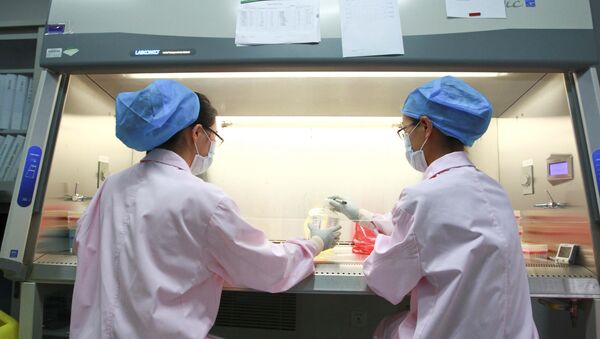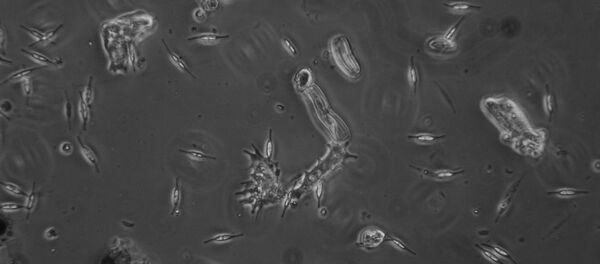As science struggles desperately to find a cure for antibiotic-resistant infectious-bacteria superbugs, the actual creepy-crawly kind have struck our opposite flank, as head lice have been revealed with a resistance to conventional treatment.
According to a study published in Journal of Medical Entomology, the tiny blood-sucking parasites sampled in 46 US states had three mutations, making them impervious to the over-the-counter treatments that cause insect-muscle paralysis and death. Sampled lice from six other states turned out to have from zero to two of said mutations.
This discovery did not surprise the scientists.
"There is nothing unique about lice becoming resistant to the pyrethroids," said John Clark, a professor of environmental toxicology and chemistry at the University of Massachusetts Amherst. "We have over 300 different insects that have become resistant to the pyrethroids, and many of those insects became resistant by acquiring these mutations exactly as the head louse has done."
Now that over-the-counter treatments have become less effective, people will likely turn to prescription-based treatment.
"If you want an effective treatment, you're probably going to have to see your physician," Clark said.
This recent development will certainly boost sales of prescription-based remedies. According to Live Science, the study was paid for, in part, with money from Sanofi Pasteur, the company that makes Sklice, one of the said remedies. Researchers deny any involvement of the big-pharma funder in the design, management, or data interpretation of the study.
According to Coby Schal, a professor of entomology at North Carolina State University, who reportedly was not involved in the research, the study was "very extensive and well-done."
"They've gotten samples from all over the United States, which is tremendous," Schal said. "That's actually quite difficult to do."


